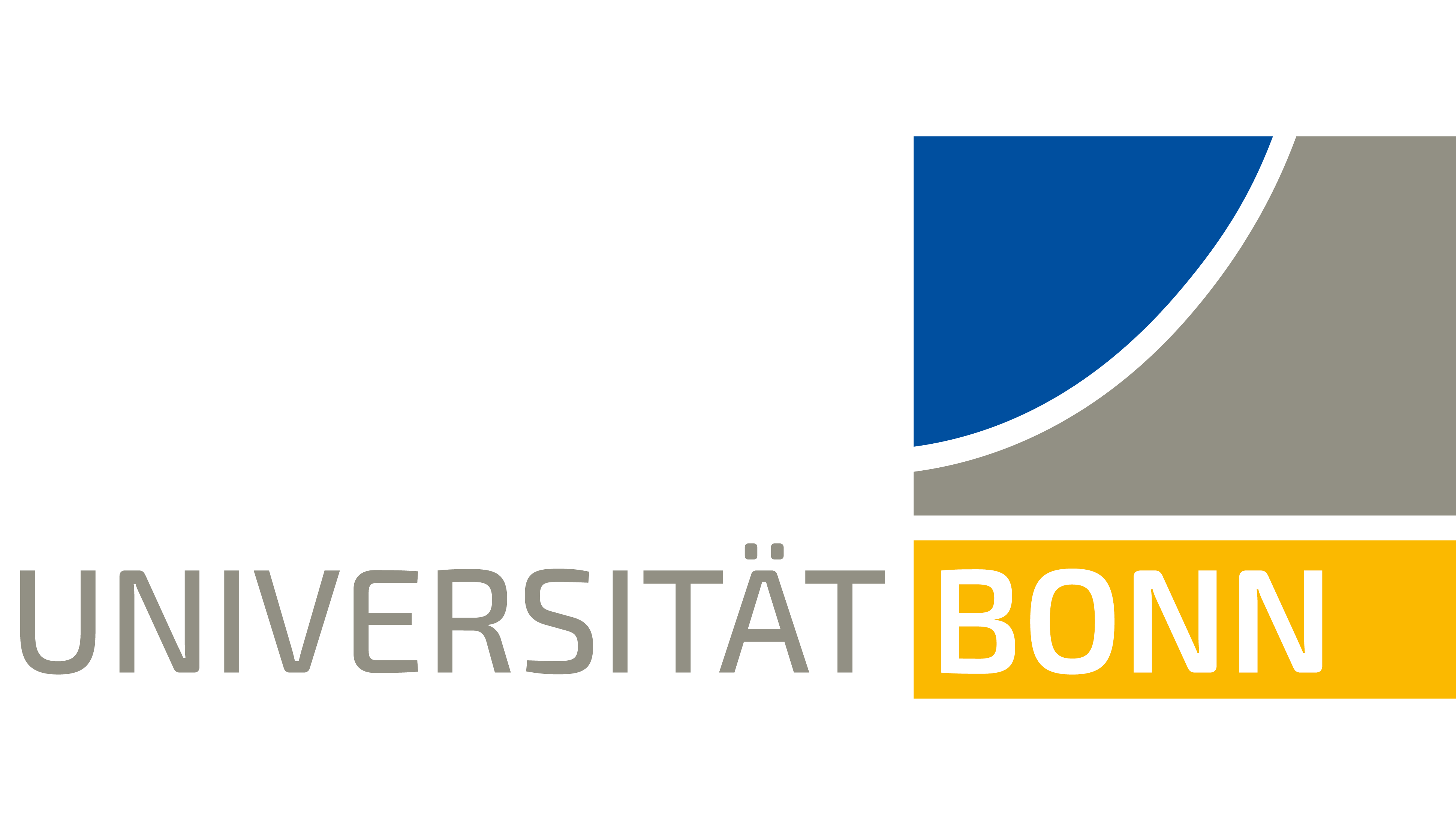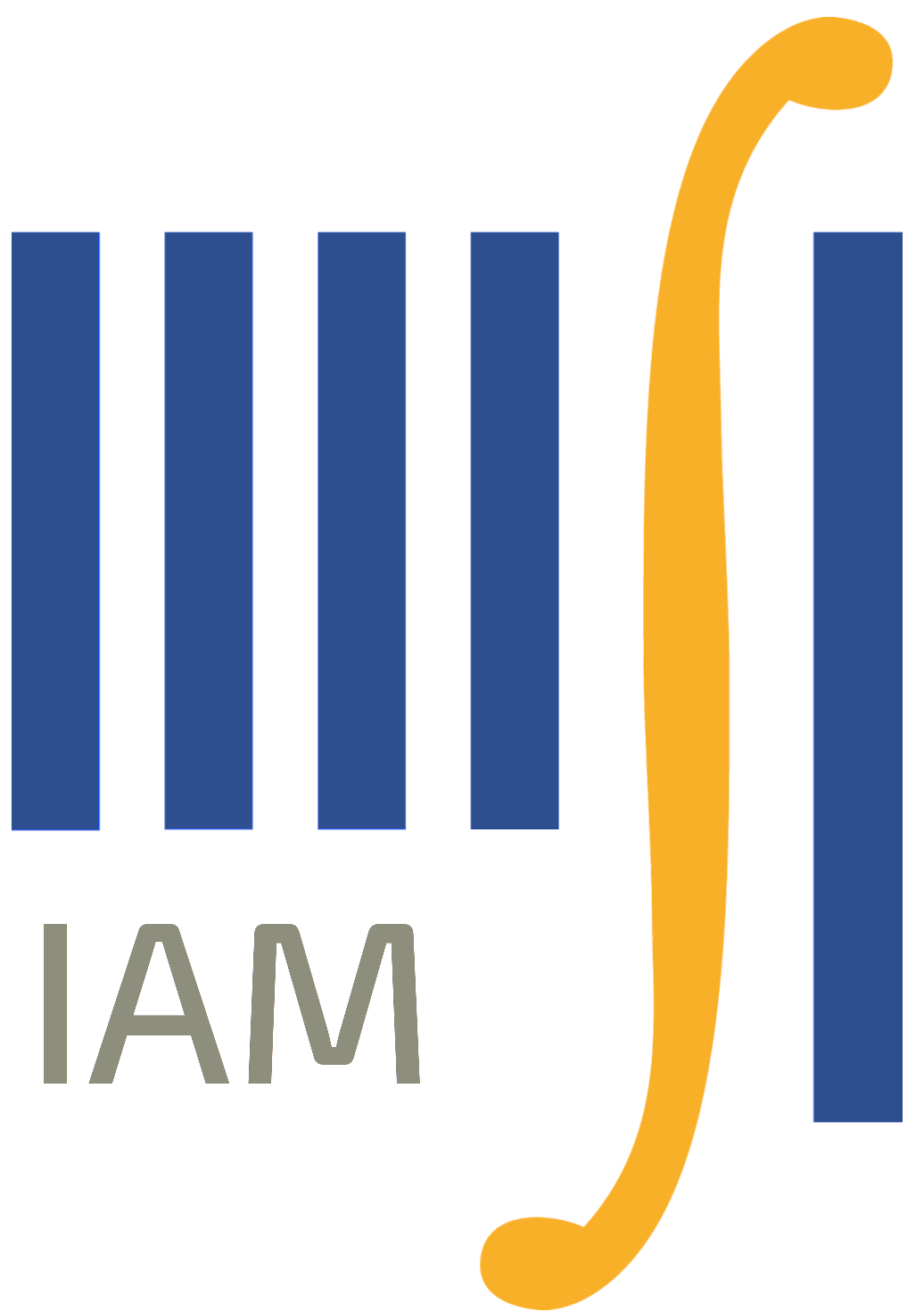Oberseminar Analysis Summer 2018
Organizers: S. Schwarzacher, S. Conti, H. Koch, S. Müller, B. Niethammer, M. Rumpf, C. Thiele, J.J.L. Velázquez
- Wednesday, July 18, 2:15 p.m., Lecture hall 2.040 Sebastian Schwarzacher (University of Bonn) Two scale solutions to rate-independent systems Rate-independent systems are time-dependent PDEs, where the time derivative only occurs inside a positively zero-homogeneous dissipational force term. As such, these systems can be thought of as about ’half-way’ between elliptic and parabolic systems. In particular, the evolution is quasi-static and jumps may occur in time if the elastic potential is non-convex. If one sees these processes as rescaling limits of parabolic equations, then it becomes clear that the jump evolution may be complicated and in fact needs to be carefully analyzed in order to prove well-posedness and the physically relevant energy dissipation balance. While there are several approaches to the analysis of rate-independent systems, so far questions of regularity, which are intimately tied to the development of a satisfactory solution theory, have not been considered in great detail. In this talk I will present some very recent results on existence, uniqueness, regularity, and approximation for rate-independent systems. Further, I will introduce what we call two speed solutions which allow to characterize the jump transients in an infinitesimal time variable. The talk is about results that have been achieved in collaboration with F. Rindler, E. Suli, and J. Velazquez.
- Thursday, July 12, 1:30 p.m., Lecture hall 2.040 Marina Ferreira (University of Helsinki) Particle-based models with volume-exclusion constraints and applications to biology Particle systems are widely found in biology, for example, in cell tissues, flocks of birds or herds of sheep. In this talk I will present a particle-based modelling framework which relies on simple behavioural rules, such as, 1) two particles cannot overlap with each other and 2) the particles seek a minimum of a given confining potential at all times. The dynamics is driven by the evolution of the confining potential and changes in particle characteristics, such as size. The model involves a non-convex minimization problem which will be tackled with the recently proposed damped Arrow-Hurwicz algorithm. The derivation and convergence analysis in 1D of this algorithm will be presented. Finally, these tools will be used to simulate ballistic aggregation in a torus and the evolution of a packed cell tissue.
- Thursday, July 5, 2:15 p.m., Lecture hall 2.040 Stefan Grosskinsky (University of Warwick) Mean-field equations and metastability for stochastic particle systems The derivation of effective single-particle dynamics from interacting many-particle systems has a long history in the context of kinetic theory. While effective dynamics are often used as a starting point to study stochastic lattice gases in the theoretical physics literature, their rigorous derivation in this context has attracted attention only recently. We focus on the dynamics of cluster aggregation driven by monomer exchange, for which we derive effective rate equations in a mean-field scaling limit from an underlying particle system. We establish the propagation of chaos under generic growth conditions on particle jump rates, and the limit provides a Master equation for the single-site dynamics of the particle system, which is a non-linear birth-death chain. Conservation of mass leads to non-uniqueness of stationary measures and a non-trivial ergodic behaviour, which can also involve metastable states and coarsening for condensing particle systems. This is joint work with Watthanan Jatuviriyapornchai and Andre Schlichting.


